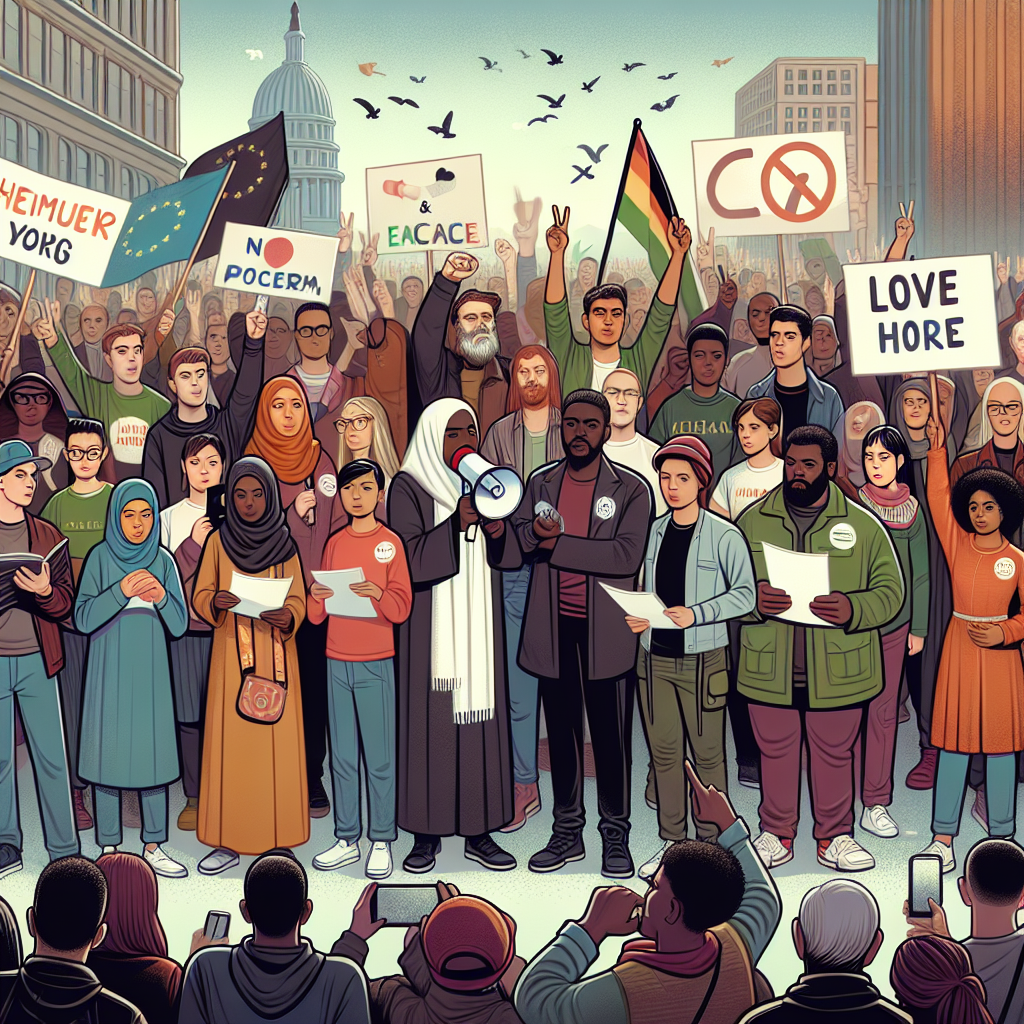The Impact of Structural Racism on London's Ethnic Minorities: Health and Wellbeing Review
A recent review by UCL's Institute of Health Equity highlights the significant impact of structural racism on the health and wellbeing of ethnic minority communities in London. The report reveals stark inequalities in poverty, housing, and employment, and calls for greater accountability to eradicate racism and promote health equity.

- Country:
- United Kingdom
A recent expert review published by the University College London's (UCL) Institute of Health Equity (IHE) reveals the severe impact of structural racism on the health and wellbeing of ethnic minority communities in London. This form of racism contributes to avoidable and unfair inequalities between ethnic groups, particularly affecting those exposed to racism in their daily lives and essential services.
The report, titled 'Structural Racism, Ethnicity and Health Inequalities in London,' underscores how racism manifests in various forms, affecting poverty, housing, employment, pay, and career progression among ethnic minorities. It calls for immediate action to address these disparities and ensure social justice. "Racism is a scar on society. Social justice requires that we take the action necessary to deal with it," said Professor Sir Michael Marmot, Director of UCL IHE and co-chair of the review's advisory board.
The review's findings are particularly alarming, showing that almost 70 percent of Bangladeshi and Pakistani children, and 52 percent of black children in London, are living in relative poverty compared to 26 percent of children in white households. This economic disparity adversely affects their housing, nutrition, play spaces, and future prospects. The IHE urges leaders, institutions, and employers to take greater accountability to prevent continued racism and to improve the lives of those affected, with recommendations that are relevant beyond London and the UK. Professor Habib Naqvi, co-chair of the advisory board, stressed the urgent need to address the deep-rooted and pervasive issue of racism to improve health outcomes for all.
(With inputs from agencies.)
ALSO READ
Ukraine's Urgent Plea for Nuclear Monitoring Amid Russian Threats
Ukraine Warns of Imminent Russian Strikes on Nuclear Facilities
Ukraine Warns of Potential Russian Attacks on Nuclear Facilities
Russia's Stance on Nuclear Tests Linked to US Actions
Iran Signals Willingness for UN-Sideline Nuclear Talks Amid Heightened Tensions










